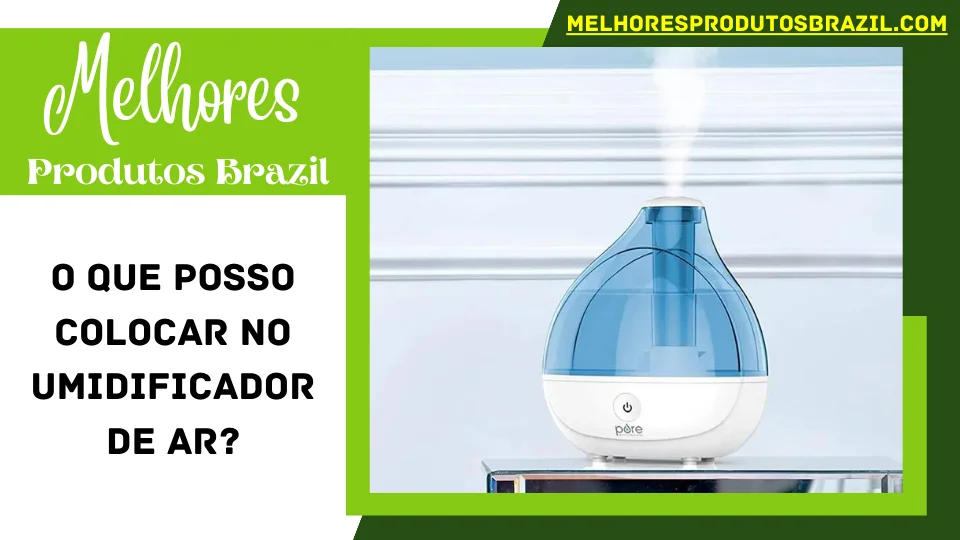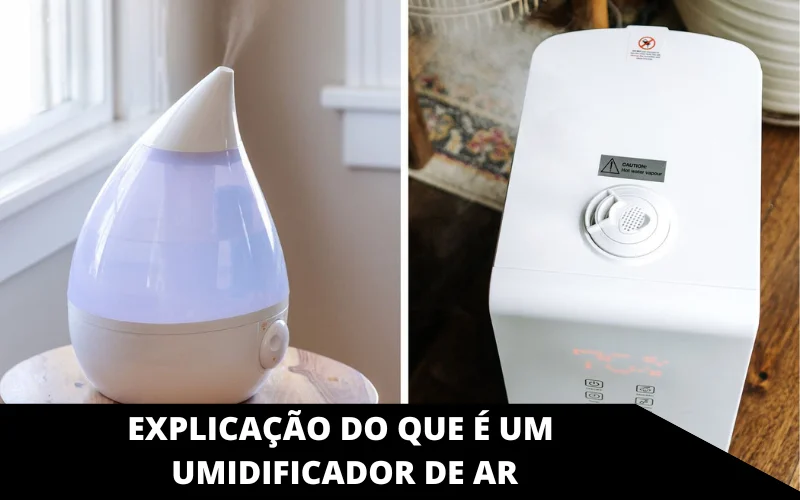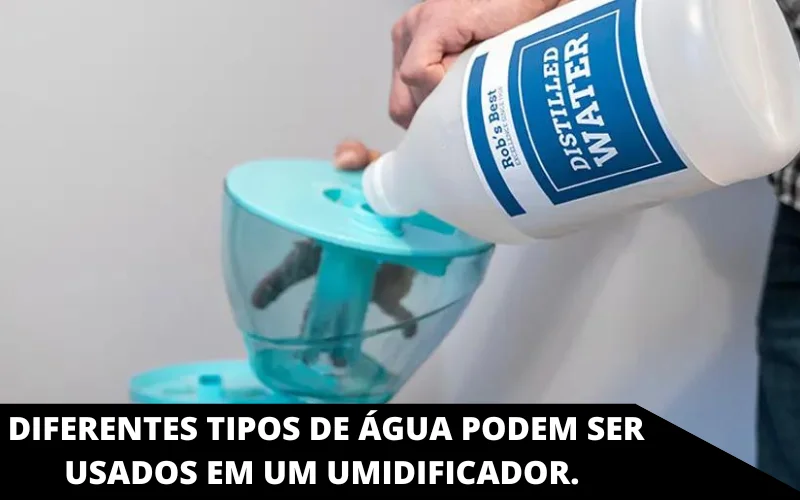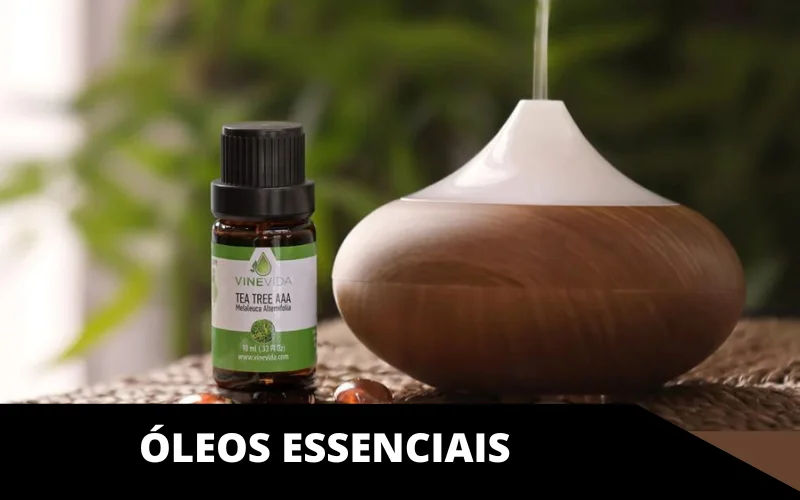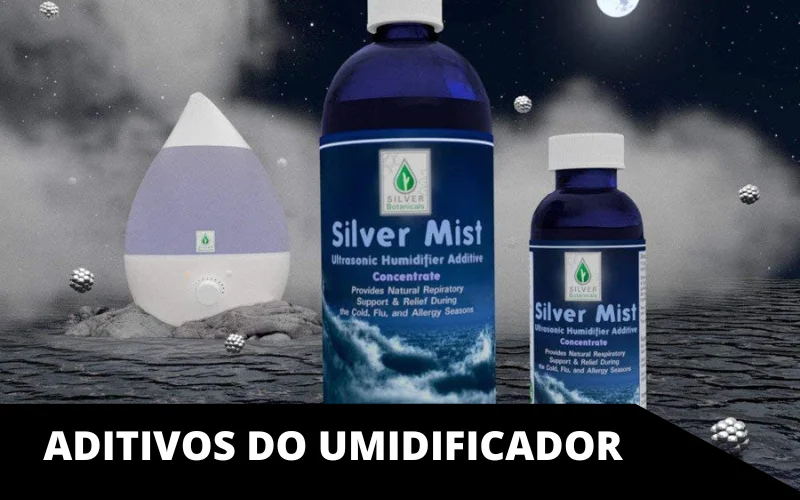Air humidifiers have become an essential part of our lives in today’s world where air quality is constantly deteriorating due to various factors such as pollution, dry air and extreme temperatures. They help maintain a comfortable and healthy indoor environment by adding moisture to the air, thereby improving respiratory health and preventing the spread of viruses.
However, choosing the right ingredients to put in your air humidifier can be a challenge. In this blog post, we will discuss various ingredients that can be used in air humidifiers, their benefits and possible drawbacks.
Explanation of what an air humidifier is
An air humidifier is a device that adds moisture to the air to increase the humidity levels in a room or space. It works by drawing in dry air and releasing it into the environment after adding moisture. This is usually accomplished by using a water tank or reservoir, which the device uses to disperse water vapor into the air.
Humidifiers can be used in various environments such as homes, offices, hospitals and other indoor spaces. They are especially useful in dry climates or during the winter when indoor heating can dry out the air and make breathing uncomfortable. Humidifiers come in various types such as cool mist, warm mist, ultrasonic and evaporative humidifiers.
Using water as a basic ingredient in a humidifier
Water is an excellent ingredient in humidifiers as it is safe, natural and readily available.
Why water is the best ingredient to use in a humidifier
Water is the best ingredient to use in a humidifier for several reasons. First, it is natural and safe, unlike chemical additives that can harm your health. Second, it is readily available and affordable. Finally, water effectively adds moisture to the air and improves indoor air quality.
Different types of water can be used in a humidifier.
Several types of water can be used in a humidifier, including:
- Tap Water : Tap water is the most commonly used water in humidifiers, but it can contain minerals, chlorine, and other impurities that can build up in the humidifier and cause damage. It is recommended to avoid using tap water in humidifiers if possible.
- Distilled water : Distilled water is the purest form of water as it has been purified through a distillation process that removes all impurities, including minerals, bacteria and viruses. Distilled water is the best choice in humidifiers as it prevents mineral build-up and bacterial growth.
- Demineralized water : Demineralized water has removed most of its minerals, but it is not as pure as distilled water. Demineralized water is a good alternative to distilled water and can be used in humidifiers to prevent mineral buildup.
- Filtered Water : Filtered water has had impurities and contaminants removed through filtration. Although it is not as pure as distilled or demineralized water, it can be a good option for use in humidifiers if no other options are available.
Generally, it is best to use distilled/demineralized water in humidifiers to prevent mineral buildup and bacterial growth.
Essencial oils
Types of Essential Oils That Can Be Used in a Humidifier
Many essential oils can be used in a humidifier to provide aromatherapy benefits. Some popular essential oils that can be used in a humidifier include:
- Lavender : Lavender essential oil is known for its calming and relaxing properties. It can help promote better sleep and reduce stress and anxiety.
- Eucalyptus : Eucalyptus essential oil is known for its respiratory benefits. It can help relieve congestion and improve breathing.
- Peppermint : Peppermint essential oil is known for its refreshing and energizing properties. It can help improve mental clarity and reduce headaches.
- Lemon : Lemon essential oil is known for its cleansing and uplifting properties. It can help improve mood and reduce stress.
- Tea Tree: Tea tree essential oil is known for its antibacterial and antifungal properties. It can help purify the air and improve respiratory health.
Benefits of Using Essential Oils in a Humidifier
It can provide several benefits, including:
- Benefits of Aromatherapy : Essential oils have been used for centuries for their therapeutic properties. When used in a humidifier, they can provide aromatherapy benefits that can help promote relaxation, reduce stress and anxiety, and improve mood.
- Respiratory benefits : Some essential oils, such as eucalyptus oil and tea tree oil, can help improve respiratory health by reducing congestion, promoting better breathing, and purifying the air.
- Skin Benefits : Lavender and tea tree oil have skin-soothing properties that can help reduce inflammation, redness, and irritation.
- Improved sleep : Lavender and chamomile have calming properties that can help promote better sleep and reduce insomnia.
Safety Precautions When Using Essential Oils
When using essential oils in a humidifier, it is important to take the following safety precautions:
- Use pure essential oils : Be sure to use high quality pure essential oils to avoid synthetic fragrances or oils that contain harmful chemicals.
- Use just a few drops : Use just a few drops of essential oil in the humidifier to avoid excessive smells.
- Dilute essential oils : Some oils can irritate the skin or respiratory system when used in high concentrations. Dilute essential oils with water or carrier oil before use.
- Be careful around children and pets : Some essential oils can harm children and pets. Be sure to keep the humidifier out of the reach of children and pets, and avoid using essential oils that could be harmful.
- Clean the humidifier regularly : Essential oils can leave residue in the humidifier, which can lead to bacterial growth. Be sure to clean your humidifier regularly to prevent bacterial growth and keep the essential oils effective.
Humidifier Additives
Various types of humidifier additives
Humidifying additives can be added to the water in a humidifier to improve its performance or provide additional benefits. Some common types of humidifier additives include:
- Antimicrobial agents : These additives are designed to kill or inhibit the growth of bacteria and other microorganisms in water, helping to prevent the spread of harmful germs and bacteria in the air.
- Water Softeners : Water softeners are additives that prevent mineral buildup in the water, which can cause the humidifier to clog or reduce its effectiveness over time.
- Demineralization cartridges : Demineralization cartridges are designed to remove minerals from water, preventing the formation of mineral deposits that can clog the humidifier and reduce its effectiveness.
- Fragrances : Some humidifier additives are designed to provide a pleasant fragrance, such as lavender, vanilla, or citrus scents.
- Moisture Stabilizers : Moisture stabilizers are additives designed to help maintain a consistent level of moisture in the air, reducing the risk of dryness and other respiratory problems.
What additives are safe and effective to use
The safety and effectiveness of humidifying additives can vary depending on the type of additive used and how it is used.
Generally, antimicrobial agents, water softeners, and demineralization cartridges are safe and effective for use in a humidifier because they help prevent bacterial growth and mineral buildup that can affect the humidifier’s performance.
Fragrances can also be safe if made from natural essential oils and used in small amounts. However, some additives may not be safe or effective or may even harm your health. It is important to carefully read the labels and instructions for any humectant additive before using it, and to consult a healthcare professional if you have any concerns.
Possible drawbacks of using certain additives
Some humidifying additives may have potential drawbacks, such as:
- Overuse of antimicrobial agents can lead to the development of resistant strains of bacteria, making it more difficult to control bacterial growth over time.
- Some water softeners can release sodium or other minerals into the air, harming your health if inhaled in large quantities.
- Fragrances can cause allergic reactions or respiratory irritation in some people, especially if they contain synthetic fragrances or other additives.
- Moisture stabilizers may not be effective in all environments and can lead to overhumidification or other problems if not used properly.
In general, it is important to carefully consider the potential benefits and risks of using wetting additives and follow the manufacturer’s instructions and recommendations for safe and effective use.
FAQS
What type of water should I use in my air humidifier?
The best water in your air humidifier is clean, filtered water, free of any minerals or contaminants. It is important to ensure that your humidifier filter is also replaced regularly.
How often should I clean my air humidifier?
In general, it’s recommended to clean your air humidifier every one to two weeks, depending on the size and model of the machine. If you use hard water for your humidifier, it should be cleaned more frequently as it can cause mineral buildup.
How can I tell if my air humidifier needs to be refilled?
Most air humidifiers have an indicator light or alarm to alert you when the water tank needs to be refilled. If not, you should check the tank periodically and refill it when necessary.
How much water is needed for an air humidifier?
This depends on the size of your air humidifier and how much humidity you intend to achieve in the room or space being humidified. Most models require a few gallons of water daily, which can vary depending on humidity conditions and other factors.
Is it possible to leave a humidifier on all day?
Yes, most air humidifiers can be left running for long periods without any problems; however, it is important to check the manufacturer’s instructions for specific hours of operation and maintenance requirements for your particular model.
What kind of maintenance is required for an air humidifier?
Regular maintenance, such as cleaning and replacing filters, will help keep your air humidifier running smoothly and efficiently while extending its lifespan. Some models may also require periodic calibration or adjustment depending on environmental conditions or other factors that may impact performance.
Conclusion
Air humidifiers can be a valuable addition to any indoor environment, providing a range of health and comfort benefits. When using an air humidifier, it is important to choose the right type of humidifier for the space and carefully consider the ingredients and additives used to maintain air quality.
Water is the basic ingredient for most humidifiers, but other additives such as essential oils and antimicrobial agents can also improve performance and provide additional benefits. However, it is important to use these additives safely and in moderation and follow the manufacturer’s instructions and recommendations.
Using a humidifier properly and choosing the right ingredients and additives allows you to enjoy clean, comfortable and healthy indoor air.

